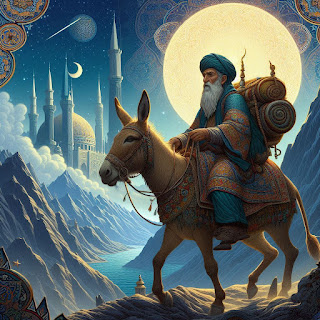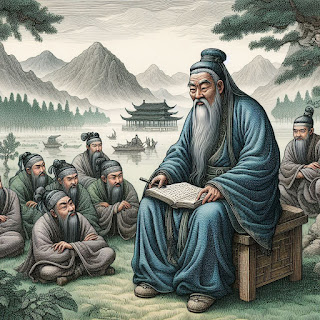My Mother Cooks Better Than Your Mother

'Mulla Nasrudin' and his wife were talking about their parents. ‘My mother can cook ever so well,’ said the ' Mulla .' ‘How can you say that?’ shrieked his wife. ‘My mother is a hundred times the better cook!’ Seeing red, ' Nasrudin ' grabbed the woman by the scruff of her neck and threw her out into the garden. ‘What are you doing?’ asked his neighbor. ‘There is little enough room in the house for two,’ explained ' Nasrudin'. ‘Four is just too many.’ ‘Four?’ ‘Yes, first there was just me and her, then my mother crept in and finally her mother also came to stay. The house was so crammed with them and their pots and pans, that my wife fell out of the door.’












